 Cutting it Close
Cutting it Close Maple Sundaes & CIder Donuts
Maple Sundaes & CIder Donuts Holden
Holden Oregon Trails
Oregon Trails Blind Date (Venture, Georgia Book 3)
Blind Date (Venture, Georgia Book 3)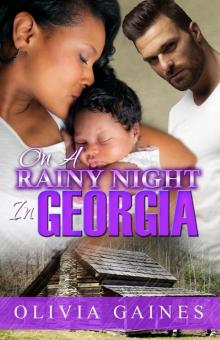 On a Rainy Night in Georgia
On a Rainy Night in Georgia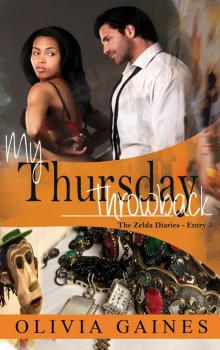 My Thursday Throwback
My Thursday Throwback The Bento Box
The Bento Box A Menu For Loving
A Menu For Loving Thursdays in Savannah
Thursdays in Savannah Blind Hope (The Technicians Book 2)
Blind Hope (The Technicians Book 2) North to Alaska
North to Alaska Becoming the Czar
Becoming the Czar A Weekend with the Cromwells
A Weekend with the Cromwells The Tennessee Mountain Man
The Tennessee Mountain Man Blind Date
Blind Date Blind Fate
Blind Fate Dancing with Mr. Blakemore
Dancing with Mr. Blakemore Friends with Benefits
Friends with Benefits A Walk Through Endurance
A Walk Through Endurance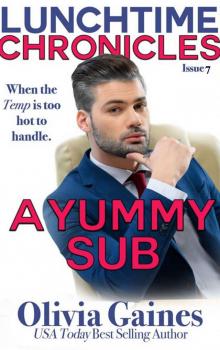 Lunchtime Chronicles: A Yummy Sub
Lunchtime Chronicles: A Yummy Sub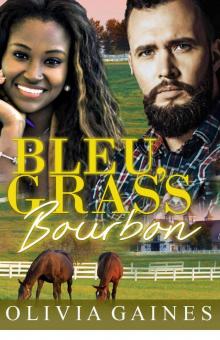 Bleu, Grass, Bourbon
Bleu, Grass, Bourbon The Christmas Quilts
The Christmas Quilts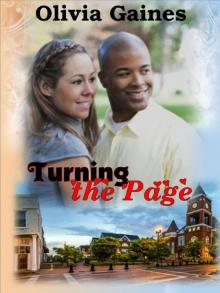 Turning the Page
Turning the Page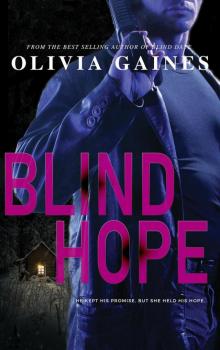 Blind Hope
Blind Hope Killers
Killers Blind Luck (The Technicians Series Book 3)
Blind Luck (The Technicians Series Book 3) Blind Copy (The Technicians Series Book 5)
Blind Copy (The Technicians Series Book 5) Santa's Big Helper
Santa's Big Helper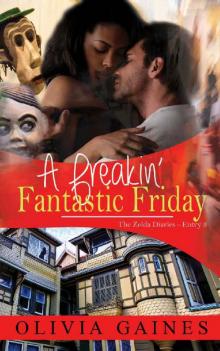 A Frickin' Fantastic Friday (The Zelda Dairies Book 3)
A Frickin' Fantastic Friday (The Zelda Dairies Book 3) Cruising with the Blakemores
Cruising with the Blakemores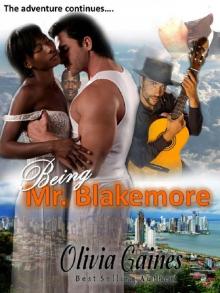 Being Mr. Blakemore (The Blakemore Files Book 7)
Being Mr. Blakemore (The Blakemore Files Book 7) Welcome to Serenity
Welcome to Serenity Shopping with Mrs. Blakemore
Shopping with Mrs. Blakemore Vanity's Pleasure
Vanity's Pleasure Loving the Czar (The Blakemore Files Book 6)
Loving the Czar (The Blakemore Files Book 6) Montana (Modern Mail Order Bride Book 2)
Montana (Modern Mail Order Bride Book 2)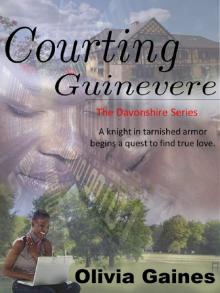 Courting Guinevere (The Davonshire Series Book 1)
Courting Guinevere (The Davonshire Series Book 1) A Tantalizing Tuesday (The Zelda Diaries Book 2)
A Tantalizing Tuesday (The Zelda Diaries Book 2) A Saucy Sunday (The Zelda Diaries Book 4)
A Saucy Sunday (The Zelda Diaries Book 4) Being Mrs. Blakemore
Being Mrs. Blakemore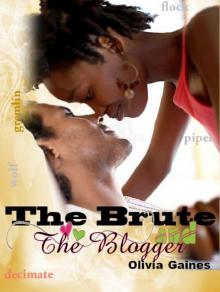 The Brute & The Blogger
The Brute & The Blogger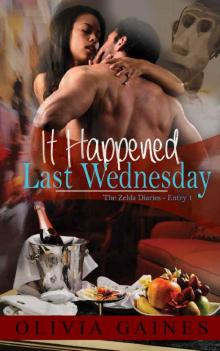 it Happened Last Wednesday (The Zelda Diaries Book 1)
it Happened Last Wednesday (The Zelda Diaries Book 1) A Weekend with the Blakemores (The Blakemore Files Book 8)
A Weekend with the Blakemores (The Blakemore Files Book 8) Buckeye and the Babe
Buckeye and the Babe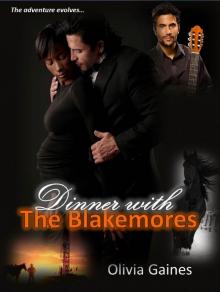 Dinner With the Blakemores (The Blakemore Files Book 5)
Dinner With the Blakemores (The Blakemore Files Book 5)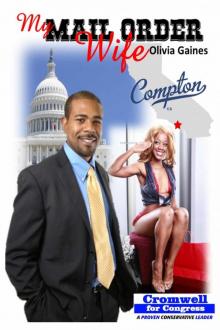 My Mail Order Wife (The Value of a Man Book 1)
My Mail Order Wife (The Value of a Man Book 1)